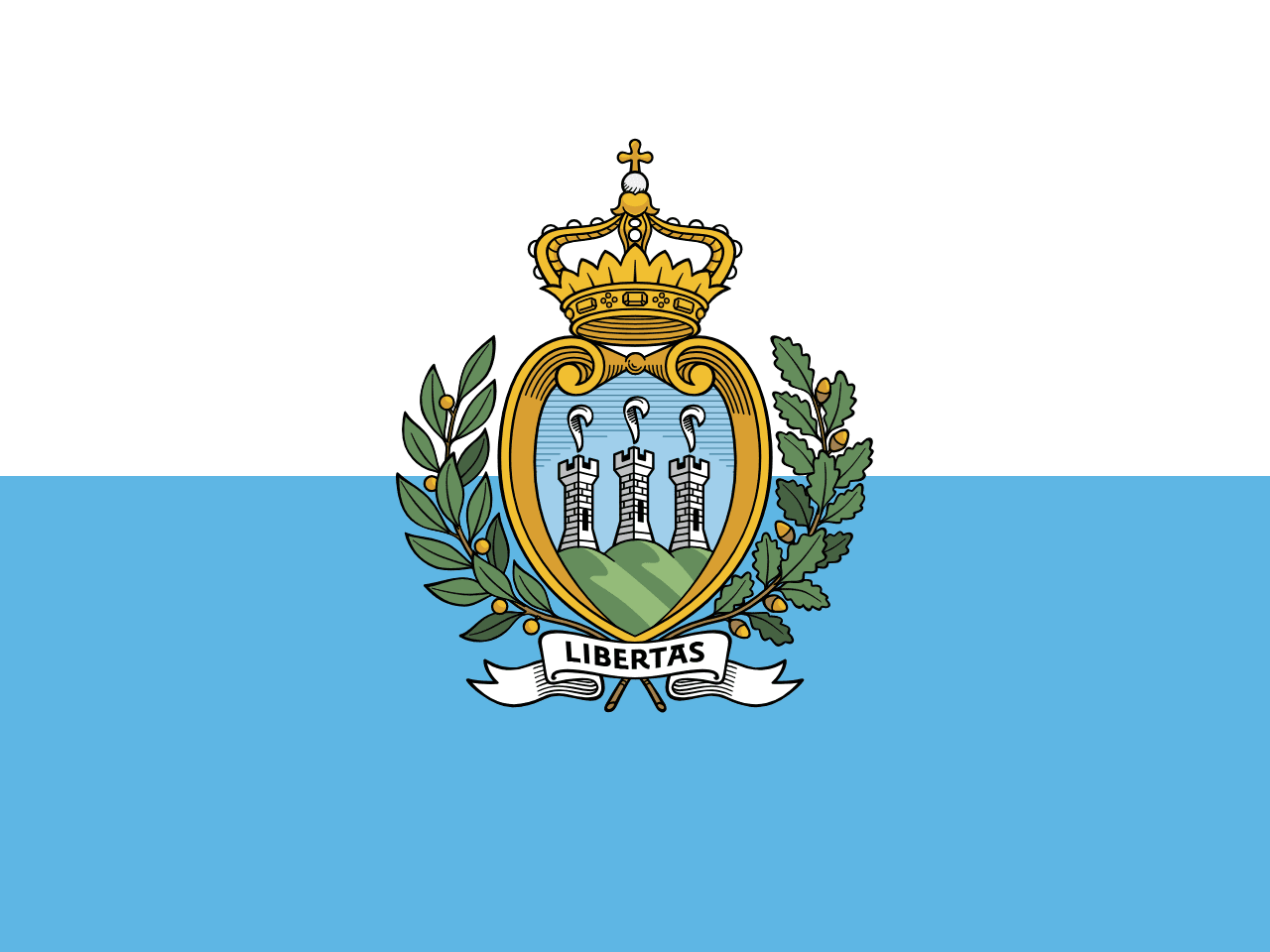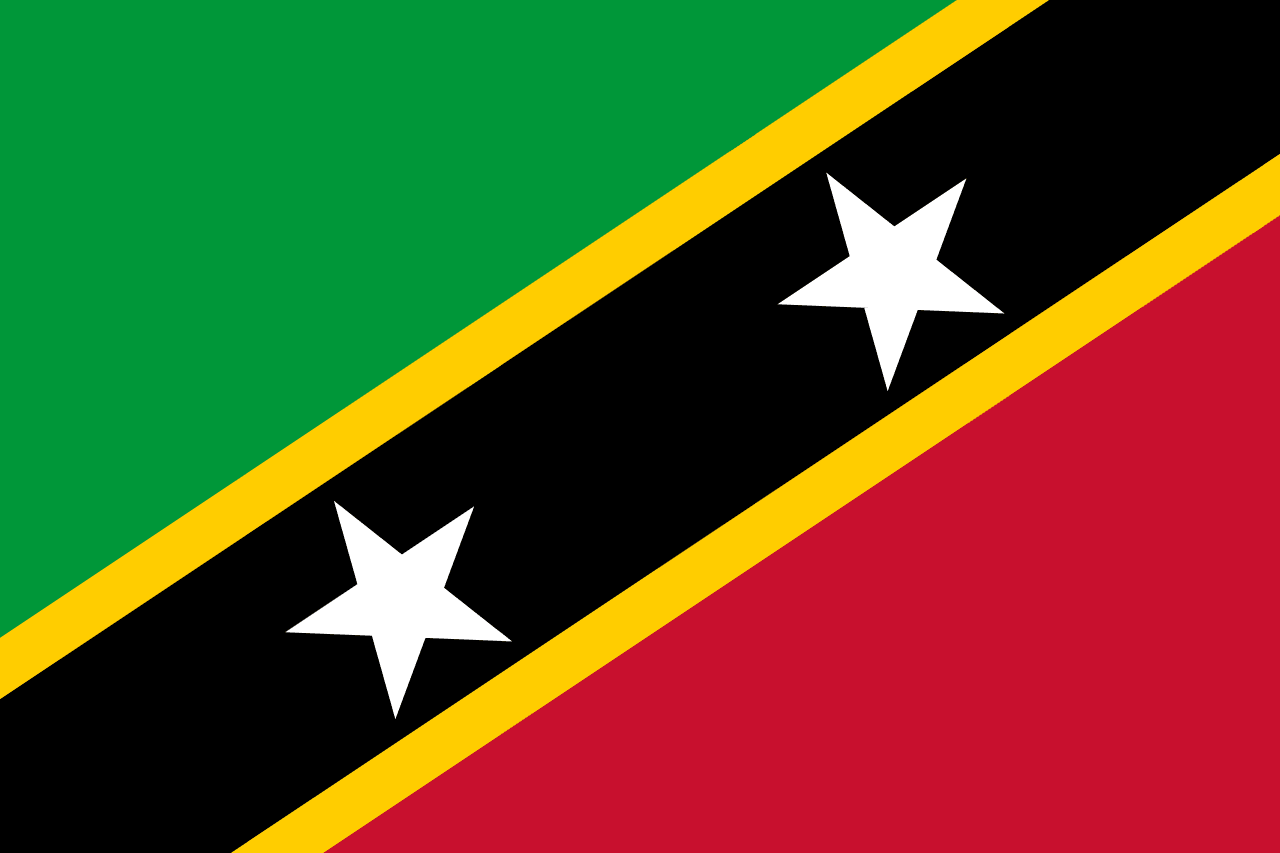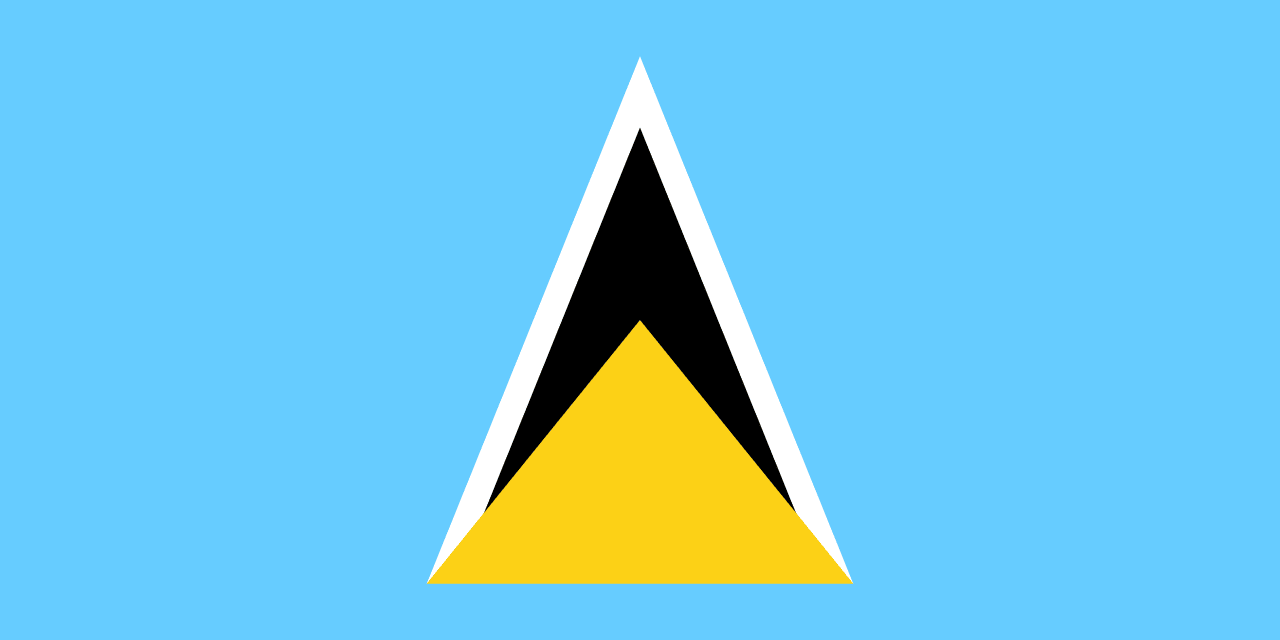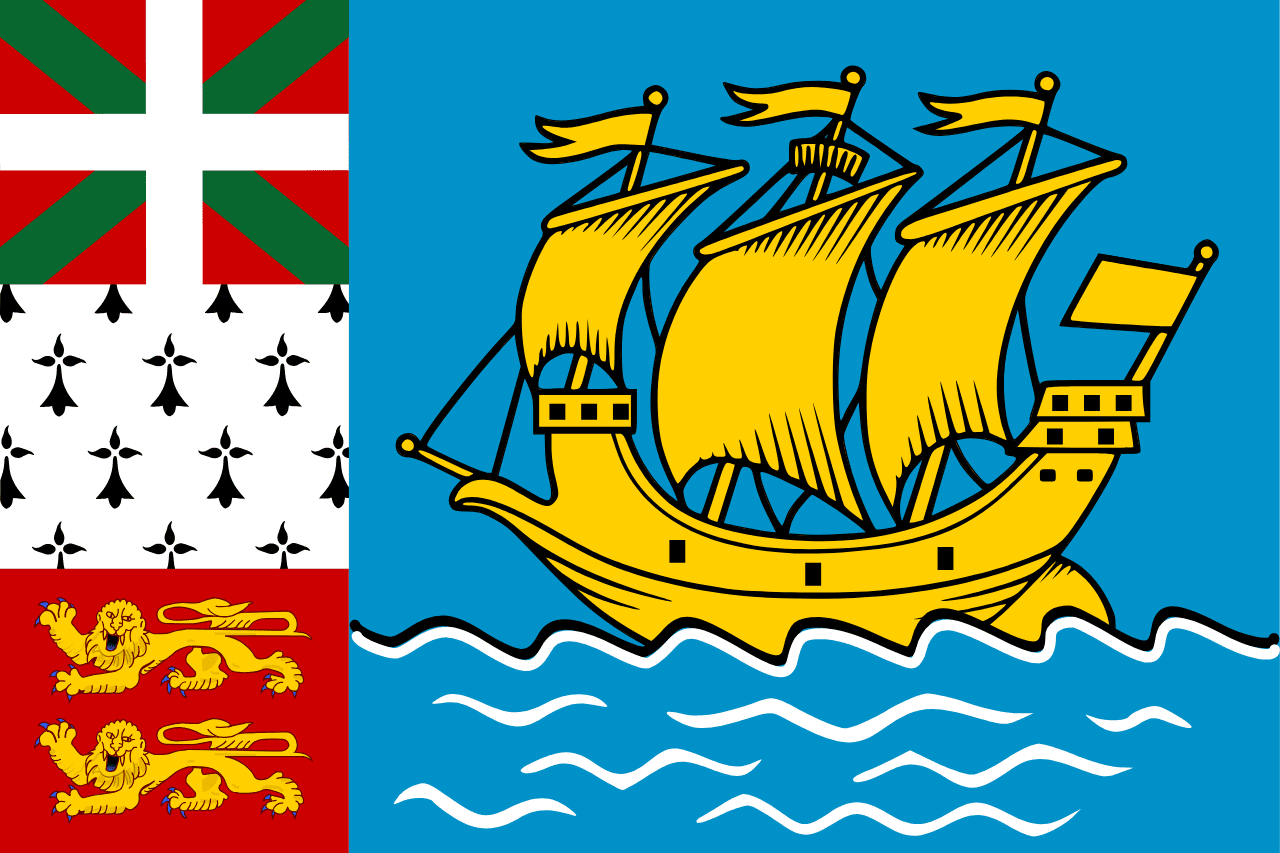The flag of Saint Vincent and the Grenadines consists of three vertical stripes of blue, yellow, and green, with three green diamonds arranged in a V pattern in the center of the yellow stripe. This vibrant design captures the essence of the nation's natural beauty and cultural identity.
Saint Vincent and the Grenadines information
| National Flag Day | — |
| Sovereign state | Yes |
| Official name | Saint Vincent and the Grenadines |
| Capital | Kingstown |
| Population | 109,645 |
| Area | 344 km² |
| Currency | East Caribbean dollar (XCD) |
| Language | English |
| Continent | North America |
| Region | Caribbean |
| Subregion | — |
| Borders | — |
| Timezone | Ast (UTC-4) |
| Calling code | +1 784 |
| Top-level domain | .vc |
History of the Saint Vincent and the Grenadines flag
 The flag was officially adopted on October 21, 1985, coinciding with the nation's independence from the United Kingdom. Its design was carefully crafted to represent the geography, culture, and aspirations of the newly independent country. The flag replaced the colonial-era Blue Ensign, marking a new chapter in the nation's history and symbolizing its sovereignty on the world stage.
The flag was officially adopted on October 21, 1985, coinciding with the nation's independence from the United Kingdom. Its design was carefully crafted to represent the geography, culture, and aspirations of the newly independent country. The flag replaced the colonial-era Blue Ensign, marking a new chapter in the nation's history and symbolizing its sovereignty on the world stage.
Symbolism and design of the Saint Vincent and the Grenadines flag
Each element of the flag holds deep significance:
- The blue stripe symbolizes the sky and the Caribbean Sea, emphasizing the nation's island nature and maritime heritage.
- The yellow stripe represents the golden sands of the beaches, a key feature of the islands' natural beauty and tourism industry.
- The green stripe stands for the lush vegetation that covers the islands, highlighting their agricultural richness and tropical climate.
- The three green diamonds arranged in a V pattern symbolize the islands' nickname, "The Gems of the Antilles," and represent the main island of Saint Vincent (the largest diamond) and the Grenadines (the two smaller diamonds).
The V shape formed by the diamonds also alludes to the letter 'V' in Saint Vincent, creating a clever visual representation of the country's name.
Usage and significance of the Saint Vincent and the Grenadines flag
 The flag serves as a powerful symbol of national identity and pride. It is prominently displayed on government buildings, during national celebrations, and at international events. The flag's vibrant colors and distinctive design make it easily recognizable, helping to promote the nation's unique identity on the global stage. It is also an important element in fostering unity among the citizens of Saint Vincent and the Grenadines, representing their shared heritage and aspirations.
The flag serves as a powerful symbol of national identity and pride. It is prominently displayed on government buildings, during national celebrations, and at international events. The flag's vibrant colors and distinctive design make it easily recognizable, helping to promote the nation's unique identity on the global stage. It is also an important element in fostering unity among the citizens of Saint Vincent and the Grenadines, representing their shared heritage and aspirations.
Interesting facts about Saint Vincent and the Grenadines
- Saint Vincent and the Grenadines comprises 32 islands and cays, with only nine being inhabited.
- The country is home to La Soufrière, an active volcano that last erupted in 2021, significantly impacting the island's landscape and economy.
- The flag's design was chosen through a national competition, ensuring that it truly represents the people's vision for their country.
- The green diamonds in the flag not only symbolize the islands but also represent the country's commitment to environmental conservation and sustainable development.
- Saint Vincent and the Grenadines is known for its vibrant culture, including the annual Vincy Mas carnival, which is reflected in the flag's lively colors.





